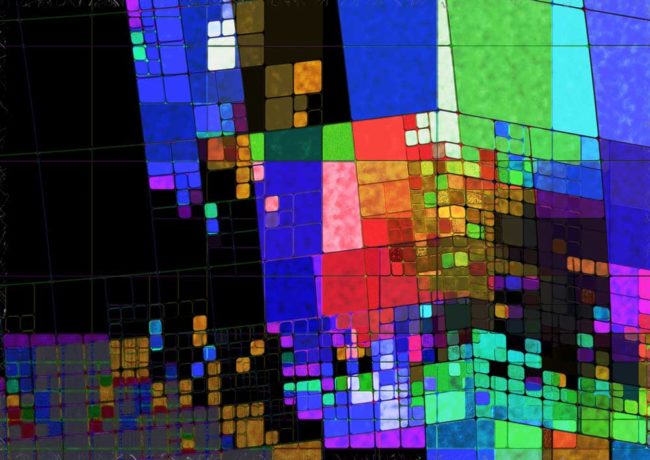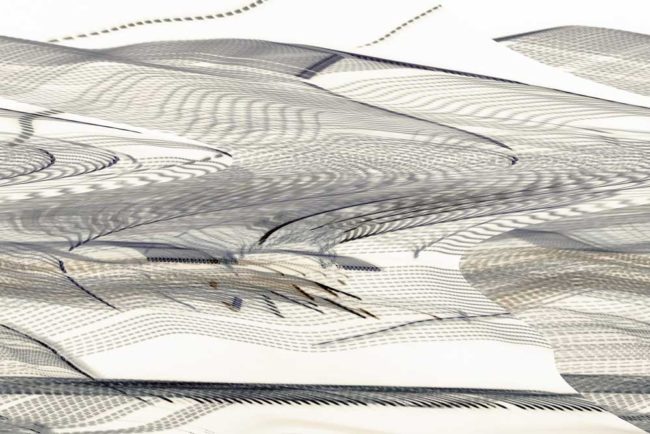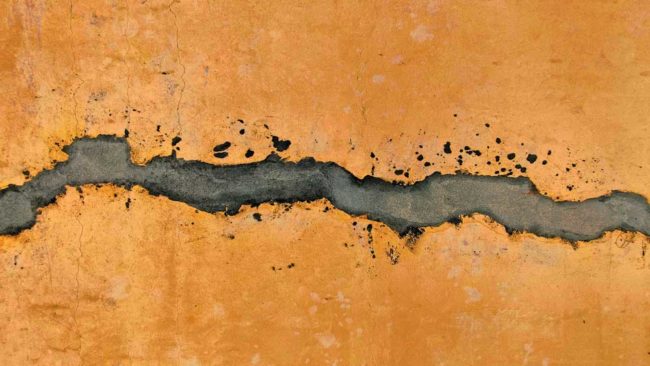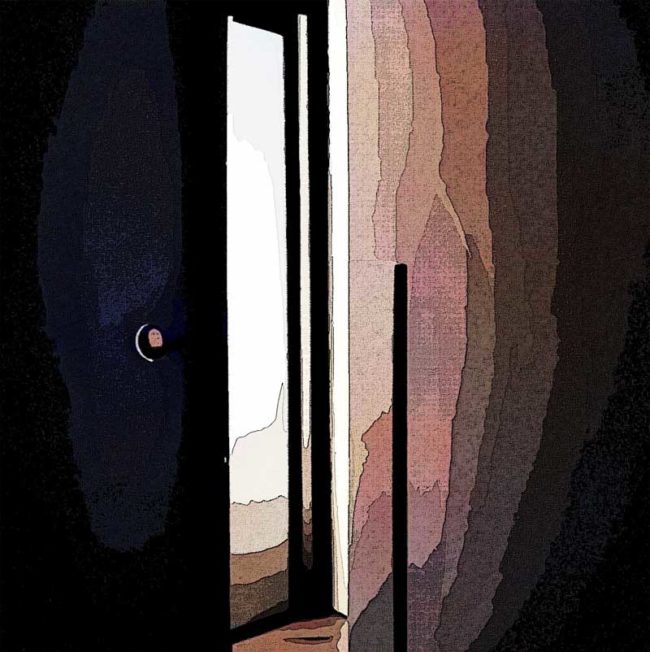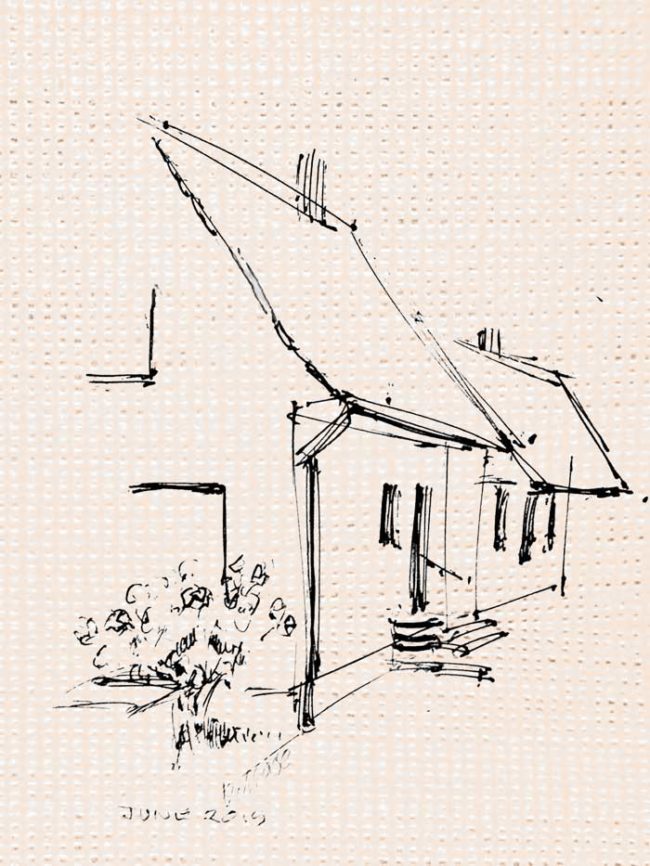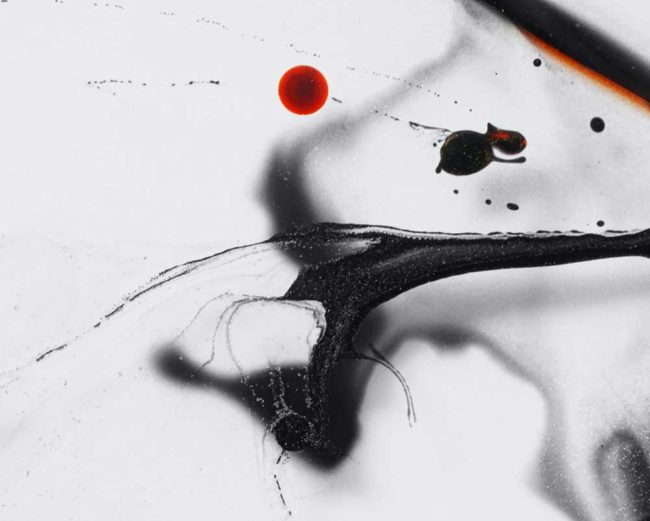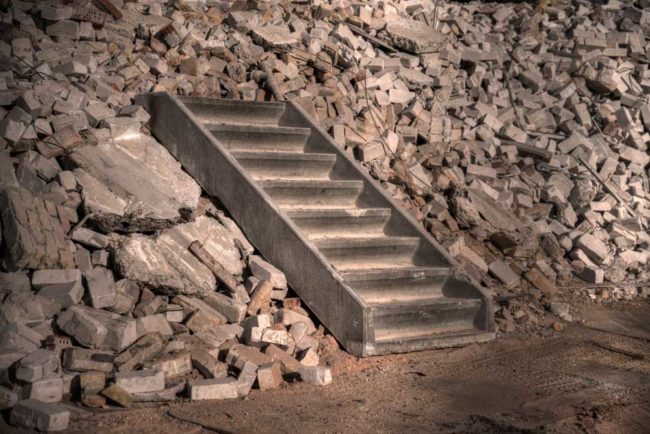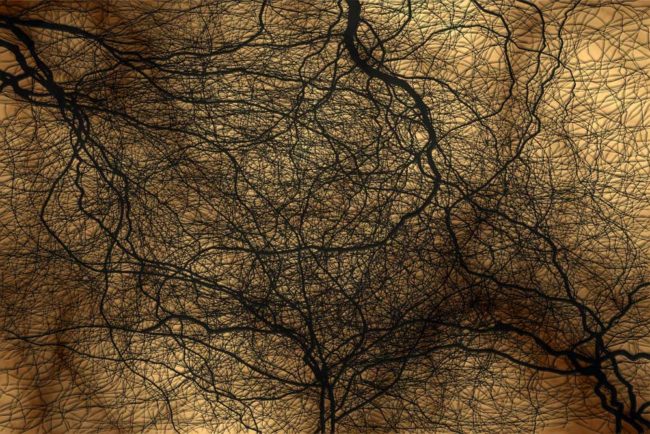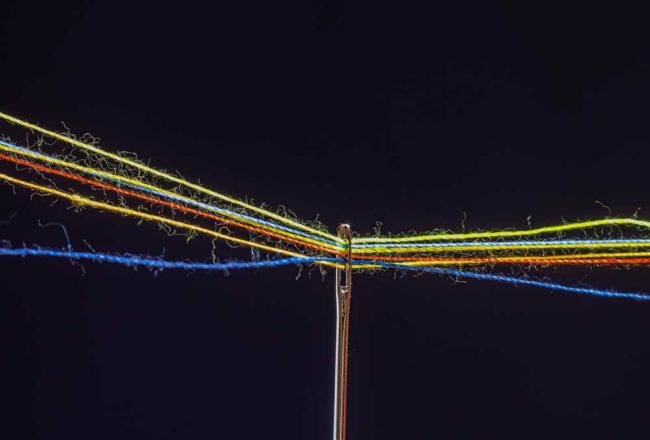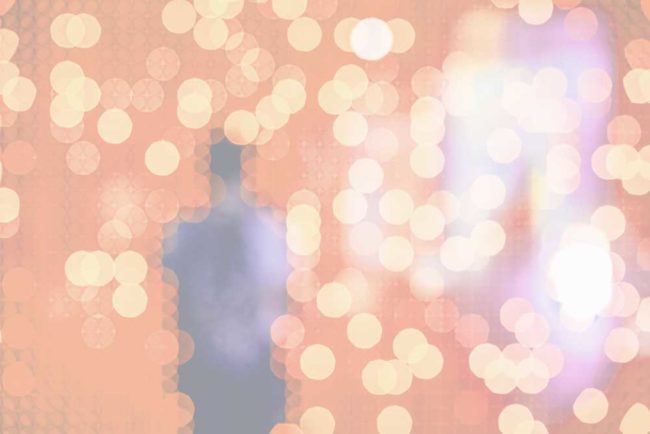Oedipus in Arabia by Karim Dajani
Ideas about the centrality of culture and collective in the structuring of the unconscious have been largely walled off, extruded from our canon. Nevertheless, they reappear. A central idea that keeps blooming in the cracks of concrete walls regards the social unconscious in all its permutations or the ways groups and their cultures are reproduced in individuals and the ways individuals reproduce their groups and their cultures in their perception, thinking, and comportment.

